Solar panels are fantastic for reducing your grid energy usage, lowering your electricity bill, and are more sustainable for the planet than non-renewable energy sources. Although it is an upfront investment, it’s a no-brainer when considering the future benefits and there is no better time to have solar panels installed than during a new build (rather than years down the track). Once you/your client has decided on solar panels, it’s imperative to consider the following 6 factors to ensure they are installed correctly and to reap the most benefits.
1. Location, Location, Location
First, consider the lay of the land. The way a block of land is shaped or positioned can have varying impacts on how effective the solar panels will be. If you’re considering a coastal block, your solar panels will likely need to be installed with the appropriate salt and wind corrosion ratings - this is worth checking with your electricity provider. You will also need to ensure that the panels can withstand the coastal conditions. Consider the positioning of the land to determine where and what time of the day the sun will hit the solar panels.
When choosing a block of land, also keep in mind anything that may shade your solar panels during the day, such as neighbouring multi-storey houses or large trees. These are all important factors to note as they will play into the location of the solar panels on your roof and how efficient they will be.
2. Solar Inverter Location
The benefit of a new build is having more choice as to where services such as the switchboard and meter box are located to your solar inverter. A solar inverter is one of the most important elements of a solar power system as it converts the direct current (DC) output of a photovoltaic (PV) solar panels into alternating current (AC), which is the electricity that will be used to power your home and appliances. To minimise voltage rise and costs, it’s beneficial to have the solar inverter closer to the switchboard. It is easier to plan for this during a new build.
3. Roof Design
Roof design plays a crucial part in the efficiency of your solar panels. We recommend designing the most northern facing part of your roof with one level roofline as this will allow you to run long, straight rows of panels together. Consider any plans for antennas, satellite dishes, or the likes to be installed on the southern facing side of your roof so as not to impact the most effective placement of your solar panels. Try to minimise pipes and skylights in these locations too so they don’t impact the positioning options of your solar panels.
4. Pre-Wiring
During a new build, you’re much more likely to have the option to install the pre-wiring for your solar power system before the walls have been gyprocked. This is much more efficient and will save you time and money when it comes time to install the solar panels.
TIP: For a multi-storey home, pre-lay your solar panels on the roof as well during the earlier stages of the build to avoid paying for the costs of scaffolding again at a later date.
5. Phase Supply
Typically, only larger houses with ducted air-conditioning use three-phase power, however, when considering a solar panel system, you may consider using three-phase power regardless of the house size. The difference between 3-Phase Supply and Single Phase is the inverter capacity for solar export to the grid is larger for 3-Phase. Within your new build, we would recommend installing a 3-Phase Supply system that has a higher kW capacity, as it will be more cost-effective for future options and provides a more stable voltage for your inverter (which can allow your inverter to produce more electricity).
6. Seek Professional Advice
Getting the fine details of your solar panel system right during a new build is the most cost-effective way to ensure you save money on the installation and reap the benefits of a reduced electricity bill from the get-go. Seek professional advice from a Solar expert to ensure the build and installation process run as smoothly as possible.
For more advice regarding planning, installation, and maintenance of Solar Panel systems, reach out to Ehlerth Electrical here.


